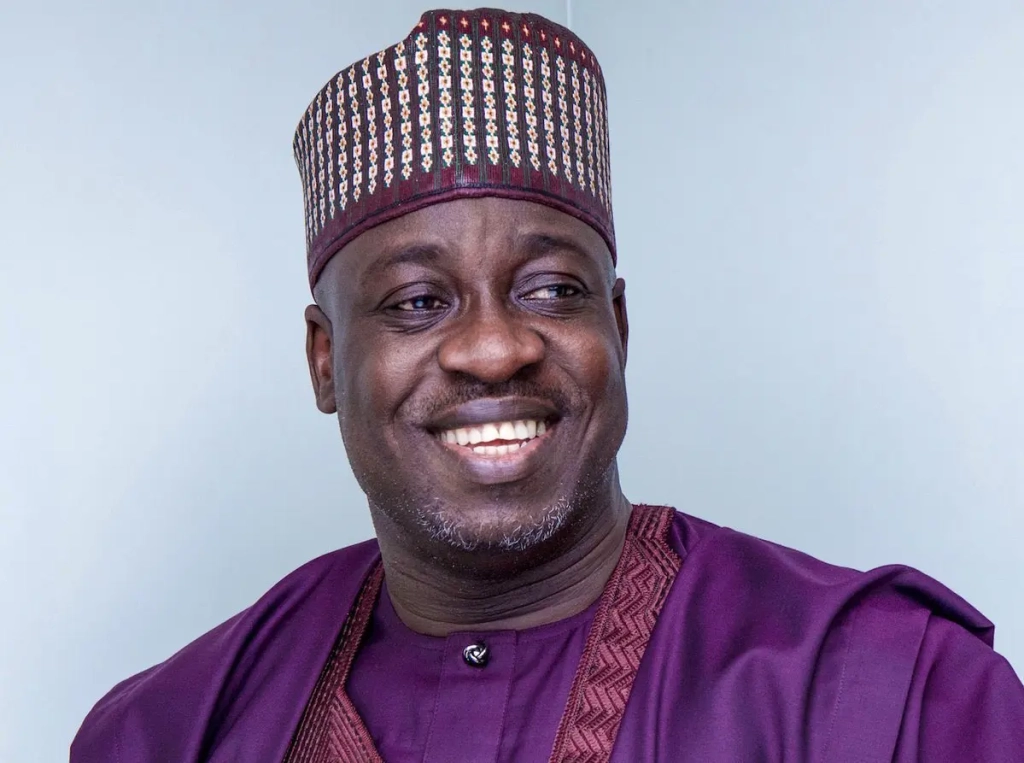A senior Nigerian opposition figure has warned that escalating insecurity is paralyzing agriculture and daily life in regions once considered safe, sharing his personal experience of being forced to abandon farmland due to militant activity. Bolaji Abdullahi, interim national publicity secretary of the African Democratic Congress (ADC), revealed during a press briefing in Ilorin, Kwara State, that he now avoids visiting his properties in rural areas like Patigi, Ifelodun, and Babanla—communities grappling with surging kidnappings and bandit attacks.
“Kwara was synonymous with peace, but today I can’t access my farm safely,” Abdullahi told reporters, framing the state’s security crisis as emblematic of nationwide instability. His remarks spotlight growing concerns about the spillover of violence from Nigeria’s northern regions into central states, where armed groups have increasingly targeted farming communities, disrupted food production, and displaced rural populations.
Abdullahi attributed the challenges to governance failures under the ruling All Progressives Congress (APC), arguing that economic hardship and weak security policies have eroded public trust. “The APC’s approach has deepened poverty and fear,” he said, positioning his party as a reform-driven alternative. The ADC, formed in 2005 but seeking greater electoral influence, aims to address systemic issues through what Abdullahi described as “pragmatic strategies to restore security and economic dignity.”
While political rhetoric often intertwines with security debates in Nigeria, the official’s account reflects tangible, localized impacts of the crisis. Farmers across multiple states have abandoned crops amid extortion and violence, exacerbating food inflation that reached 40% in May 2024. Analysts note that bandit groups, initially concentrated in the northwest, now exploit porous borders between states, complicating counterterrorism efforts.
The Kwara State government has yet to respond to Abdullahi’s claims, though national authorities recently launched military operations targeting militant hideouts in neighboring Niger and Zamfara states. Critics argue such measures remain reactive rather than preventive, leaving rural residents vulnerable.
Abdullahi emphasized the need for political transformation, stating, “Nigerians endure unbearable suffering—they know this can’t continue. Our task is proving the ADC offers real solutions.” His party faces significant hurdles in challenging the APC’s dominance but seeks to capitalize on public frustration ahead of future elections. The statement underscores deepening political tensions as Nigeria battles intersecting security, economic, and governance crises, with millions questioning whether existing structures can deliver stability.
